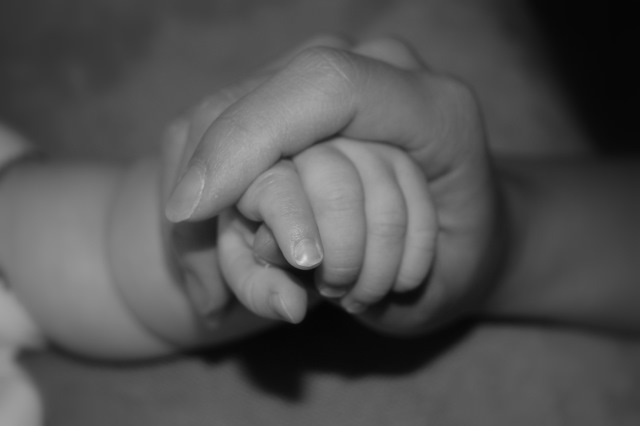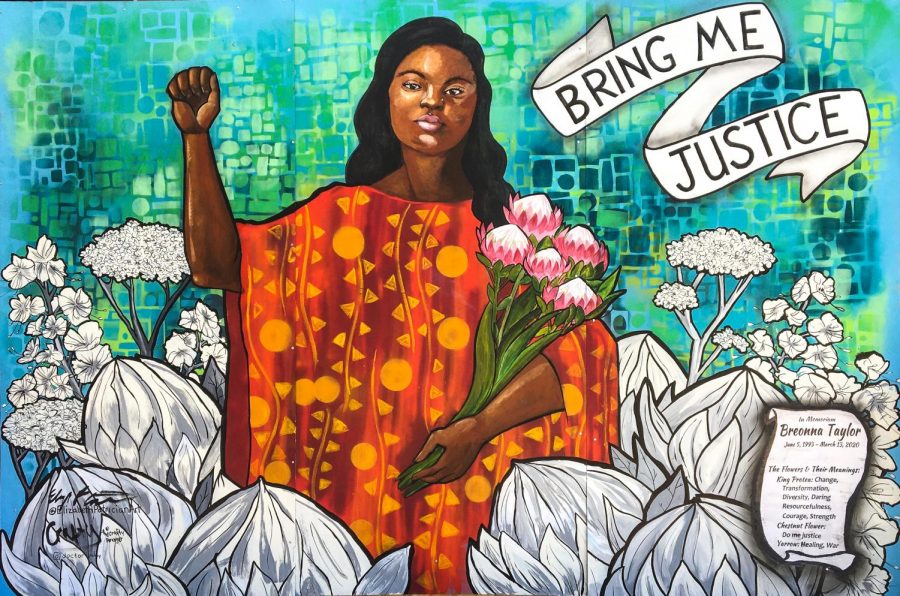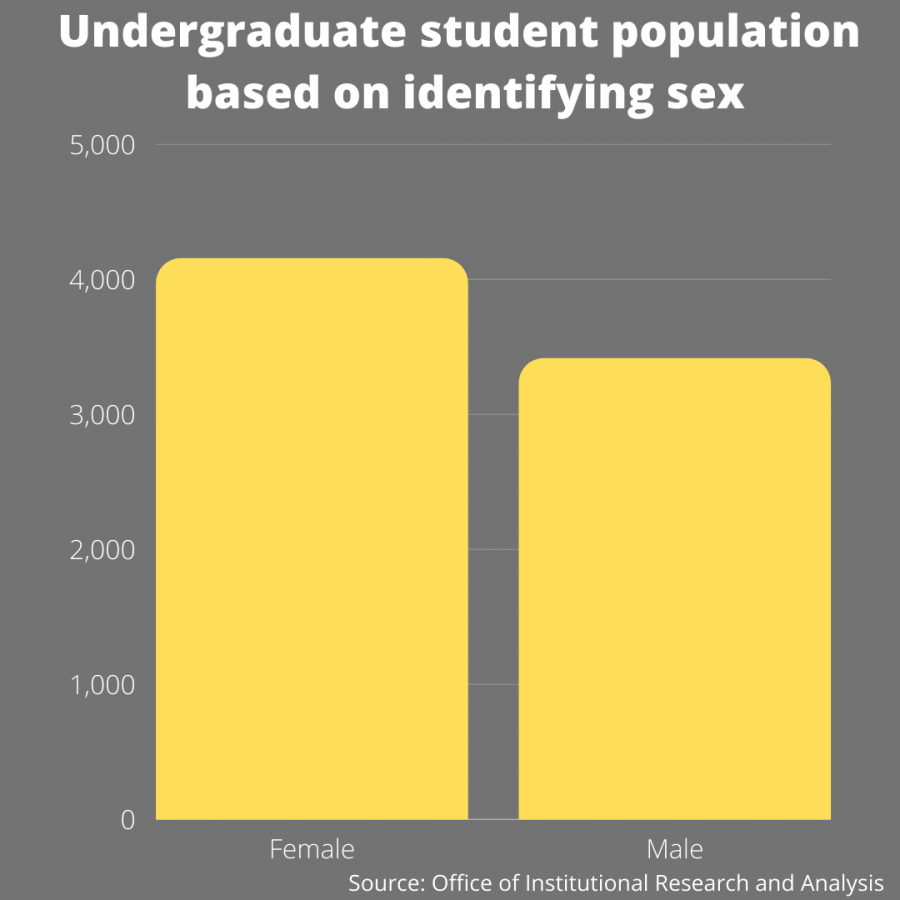This story is part of a series called “Empowering Women” that focuses on women’s issues for International Women’s Day.
While having a baby can bring joy to many families, discussions about maternal health, especially Black maternal health, often fall out of focus due to persisting racism in health care.
The average pregnancy related mortality rate in the United States is 17.2 deaths per 1000,000 births across all races, according to the American Journal of Managed Care. However, the average pregnancy related mortality rate is the highest for Black women at 43.5 deaths per 100,000 live births.
The infant mortality rate is also higher among Black infants than white infants; Black infants have 2.3 times the mortality rate of white infants.
These differences in mortality rates across Black and white mothers and children can point to systemic racism and lack of care for Black patients that continues in medical fields. One reason is that Black patients may be seen as undervalued and not given the same attention and care as white patients and their health complaints are turned away. This could be because of implicit biases among medical staff.
Health care providers need to reflect and recognize where their implicit biases are discriminately influencing the care they give to different patients.
Celebrities aren’t any exception.
For example, pro-tennis athlete Serena Williams said in an interview with CNN that her complaints of feeling pain and shortness of breath during her recovery were dismissed by the medical staff shortly after her emergency C-section.
This led to her developing a pulmonary embolism, where a blood clot from the legs can get dislodged and get into the lungs. Williams had reported having a history of blood clots. Due to the delay in receiving adequate treatment and lacking close monitoring, Williams ended up in the operating room once more to treat her pulmonary embolism along with other complications.
Similarly, Olympic athlete Allyson Felix said that she almost lost her life as well as her baby’s life due to complications of preeclampsia, in which someone’s blood pressure rises to dangerous levels in pregnancy and the urine becomes filled with protein and can become toxic.
Felix said in an interview with ESPN that she found she had severe preeclampsia much later in her pregnancy, around 32 weeks, which led to her daughter being born several weeks early. Typically preeclampsia is diagnosed around week 20.
Black mothers deserve the same attention and care as their white counterparts.
Another factor that can increase risks for higher maternal mortality rate is poverty. Black women are more than twice as likely to live in poverty as white women. According to the National Partnership for Women & Children, a Black woman who works full-time and year round typically makes 62 cents to every dollar a white woman makes.
Additionally, the experience of being a Black woman in the United States, in which structures of racial inequality continue to persist, is largely tied to higher maternal and infant mortality rates. Dealing with the day-to-day challenges of racism in the U.S. can biologically alter the stress levels in Black mothers over time and can create a kind of “weathering” effect on the body. These high, long-term levels of stress can also lead to high blood pressure and preeclampsia in Black mothers, which can lead to higher rates of maternal and infant mortality.
This is horrifying.
Racism in the U.S. is truly killing Black mothers and babies.
Black women not only have to deal with the challenges of racism in their day-to-day lives, such as interpersonal and structural racism, but they also have to deal with discrimination by health care workers.
We need to address the trend in high maternal mortality rates among Black women and how it ties into racism.
We need to advocate for a change in the health care system by making all the resources available and accessible to everyone. Health care providers need to understand their racial bias when providing care. More importantly, we can be a voice for Black mothers to ensure that they get the same care as anyone else.
This story was written by Krisha Patel. She can be reached at [email protected]








